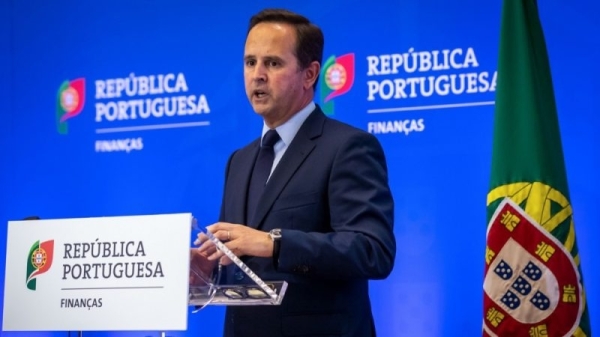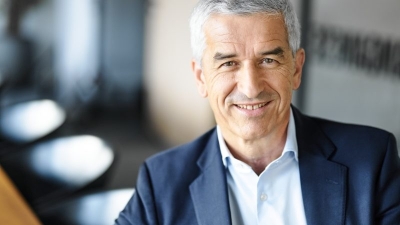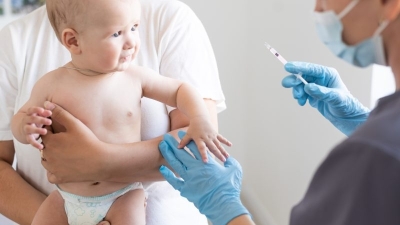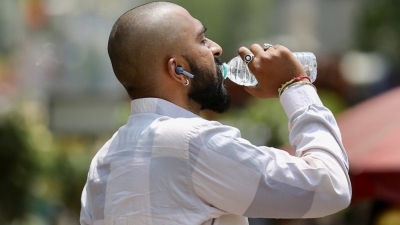Portugal’s outgoing finance minister hopeful new government will maintain stability

Financial rating agencies have no reason to worry about Portugal’s future financial stability, outgoing Finance Minister Fernando Medina said on Monday, as he expressed hope that the centre-right Democratic Alliance, which won a narrow victory in Sunday’s elections, would maintain its “commitment” to keeping the country’s finances stable.
Speaking to the Portuguese press in Brussels the day after the elections, he stressed that “it is important to ensure the continuity of the policy of stability in public finances and the continuity of the reduction of public debt”.
Read more: Portuguese elections: Far-right skyrockets, instability prevails
“The coalition […] that won the elections yesterday [Sunday] has inscribed in its programme and as a fundamental objective the maintenance of the credibility of public finances and the international credibility of the Portuguese state and there is no reason why this commitment should not be taken seriously, in Portugal and abroad by the rating agencies,” said Medina, adding that “what always seems decisive to me is the political will that exists in our country”.
“The commitment of the party that won these elections […] is to consolidate public finances, and I am confident that they will not deviate from this commitment, so I see no reason for the DBRS or any other agency to fear what the future of our country’s governance will be,” Medina added.
Earlier on Monday, rating agency DBRS warned that a deadlocked parliament and an unstable government could hamper the implementation of the Recovery and Resilience Plan and did not rule out early elections.
In a commentary seen by Lusa, the financial rating agency points out that the results of Sunday’s general elections suggest a complicated scenario for the governability and stability of the next government, given that the centre-right parties won the elections by a small margin.
In Portugal, the legislative elections resulted in a narrow victory for the Democratic Alliance, with 29.49% of the vote, giving it 79 seats, compared to the Socialist Party’s 28.66% and 77 seats, with four diaspora seats still to be allocated.
At the same time, the far-right party Chega, with 18.06% and 48 seats, won four times as many seats as in the last elections, while the liberal initiative IL won eight seats (5.08%), the Left Bloc BE kept its five seats (4.46%) and the communist party CDU reduced its number of seats compared to 2022 to four (3.3%).
Livre will form a parliamentary group for the first time, with four seats (3.26%), while People-Animals-Nature (PAN) will remain with one MP (1.93%).
(Ana Matos Neves | Lusa.pt)
Read more with Euractiv




